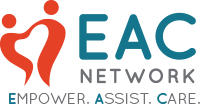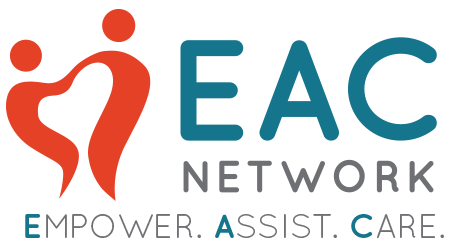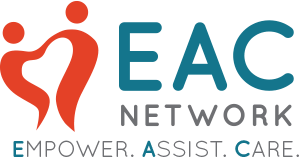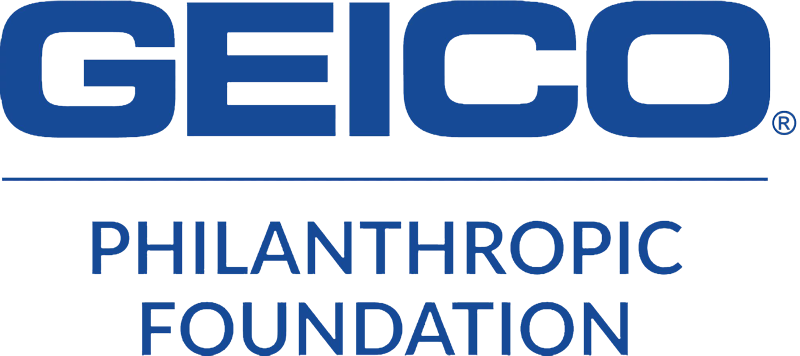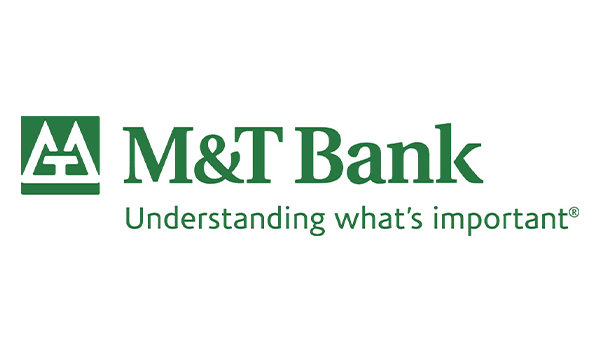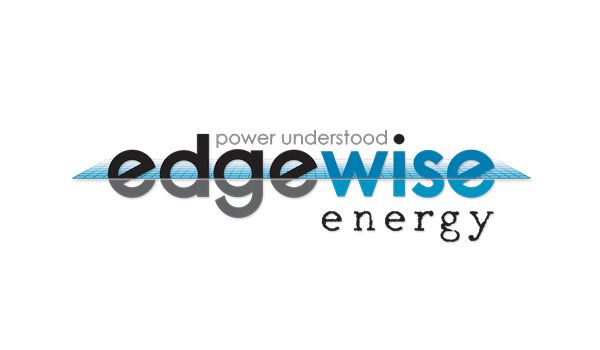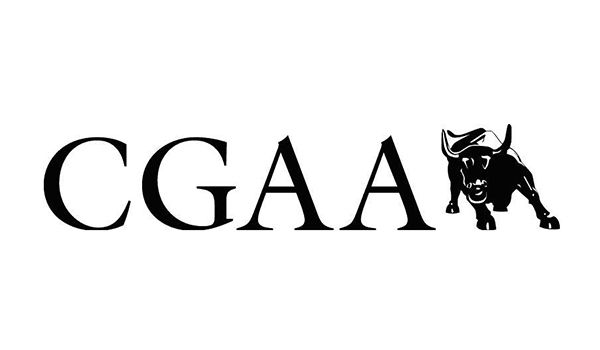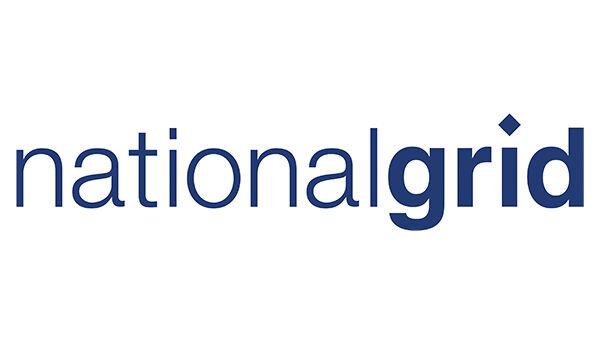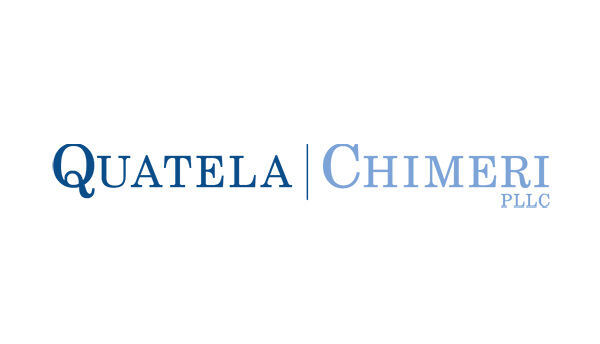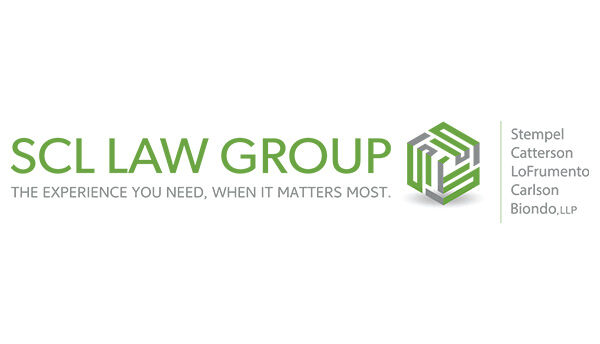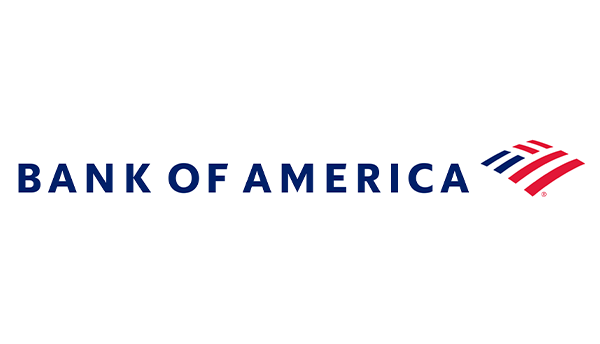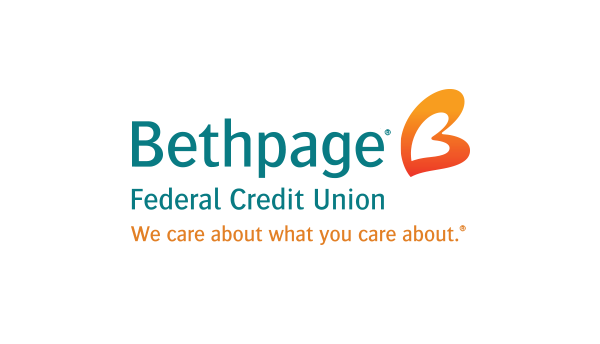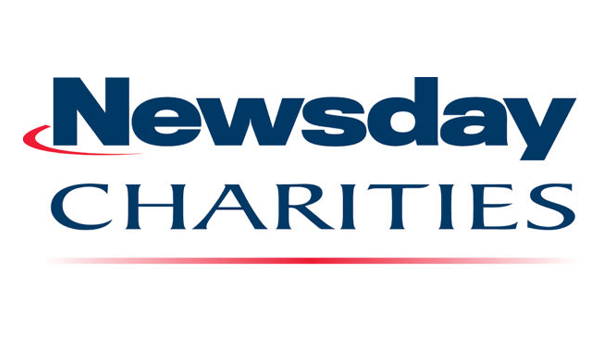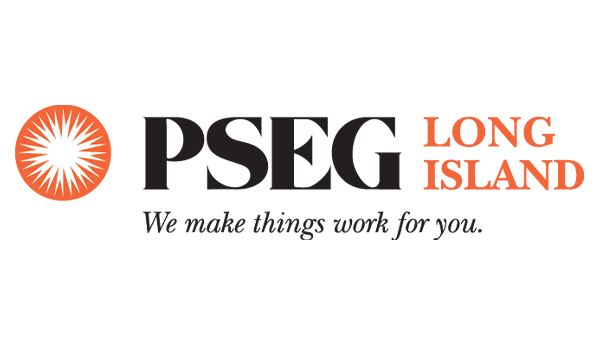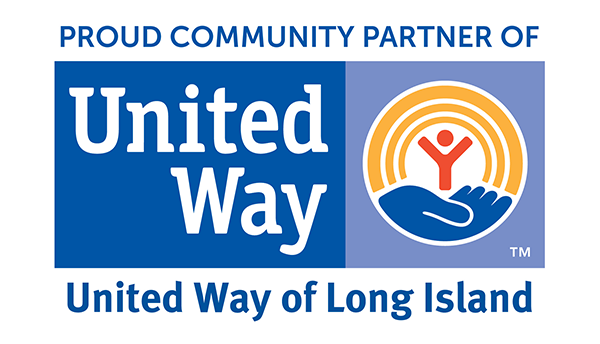EAC Network continues to reach out to leaders within the diverse communities we proudly serve to better understand their evolving needs. During Asian American and Pacific Islander Heritage Month, we connected with Dr. Sana Malik, PhD., Assistant Professor at Stony Brook University’s School of Social Welfare. Our discussion included social issues that shape the need for tailored services, and how EAC Network, as a human services provider, is addressing the shift of mental health needs during the ongoing COVID-19 pandemic.
The AAPI community is not a monolith. AAPI identity encompasses many different religions, ethnicities, languages, customs and needs. Historically, AAPI communities are often overlooked in research while there is a lack of disaggregated data by community group within AAPI identity. Due to this, there is a lack of data to address the needs of the diverse communities that make up the AAPI population and an underrepresentation of service providers equipped to tailor to the needs of these populations to adequately address socio-economic differences between groups belonging to the AAPI community. This lack of disaggregated data makes it difficult to identify what resources are required and in which communities. In particular, data does not cover the cultural and systemic barriers that the AAPI community continues to face which includes a lack of:
- Translators, tailoring to communities
- Access to adequate mental health services
- Insurance
- Cultural competencies (such as religious accommodations, values, and tradition)
Systemic barriers such as the following continue to exist and were only exacerbated during the COVID-19 pandemic:
- Transportation or reliable technology
- Cultural and societal networks
- Stigma surrounding mental health services
- Lack of diversity to find diverse health care providers
- Aspects of practicing modesty and other community-based values
COVID-19 underscored a need for talented service providers more than ever as it put a strain on all communities. Although the adverse impact of COVID-19 shows up regardless of race or financial background, the pandemic impacted frontline and industry workers who are disproportionately individuals belonging to ethnic minority groups. Many belonging to AAPI communities faced challenges practicing social distances because of socio-economic factors and led to an influx of transmission and discrimination.
The secondary impacts of COVID-19 on the AAPI community’s need for mental health services are unquestionable. Mental health rates of anxiety and depression in young people who do not have access to adequate mental health care skyrocketed. Dr. Malik stated that, “The COVID-19 pandemic has had a significant effect on the health and mental health of young adults. Research led by my colleagues and I found rates of anxiety and depression remarkably high in a diverse population of young adults in New York and also found a huge disparity between need for and access to mental health services. As such, it is essential that researchers and practitioners proactively develop early interventions that are tailored to meet the mental health needs of the diverse communities we serve.” In addition to this, the financial and the discriminatory consequences the AAPI community faces lead to prolonged stress-leading to potential long-term consequences on physical and mental health.
Beyond COVID-19, AAPI communities are often overlooked due to the Model Minority Myth. Dr. Malik explains, “The Model Minority Myth refers to an idea that certain minority communities, and Asian Americans in particular, have achieved a certain high level of success in American society and need fewer, if any, support services. While this isn’t necessarily a negative perception, it does reinforce stereotypes and fails to recognize the diversity, the challenges and discrimination faced, the unique needs, and the strengths of these communities. This Model Minority Myth can create unhealthy pressure to live up to a certain standard that may be unattainable based on individual, community, and systemic factors, which can negatively impact mental health. However, due to the idea of the model minority, there is more stigma attached to care seeking and there are fewer tailored mental health services available.”
Now there is a shift to emphasize the need for mental health services tailored to the diverse populations among the AAPI community. There is a need for more support groups for those who lost loved ones to COVID-19 and faced discrimination among the AAPI communities. To address current needs within this community there should be:
- Awareness of mental health resources
- Services that while protect the dignity of the individual.
- Discussions on the need to provide mental health services on public platforms and spaces to de-stigmatize asking for help
- Peer education and strengthening our community educators and leaders
- Tailored materials and messages to community’s unique needs and cultural values
Perfection is not the goal-cultural humility is.
EAC Network is committed to honor our neighbors in need. As a human services provider, we are here to listen. We are committed to pull in diverse perspective and continue to empower, assist and care for our community members every day. Providing a multitude of social service programs and direct support services, EAC Network is committed to honor our neighbors in need throughout the pandemic.
###
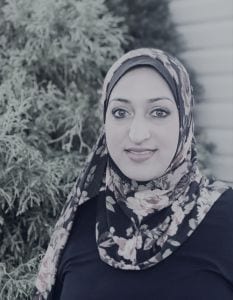 EAC Network thanks Sana Malik for her time, assistance, and expertise in developing this blog. Dr. Sana Malik is an Assistant Professor at Stony Brook University School of Social Welfare and has served as a consultant for various health and social service agencies, including the UNHCR. Her research interests include social determinants of health, health disparities among minority and immigrant populations, humanitarian assistance, and culturally and religiously tailored health education programming. Dr. Malik was awarded a U.S. Fulbright Fellowship in Jordan and completed her Doctorate in Public Health from Johns Hopkins University.
EAC Network thanks Sana Malik for her time, assistance, and expertise in developing this blog. Dr. Sana Malik is an Assistant Professor at Stony Brook University School of Social Welfare and has served as a consultant for various health and social service agencies, including the UNHCR. Her research interests include social determinants of health, health disparities among minority and immigrant populations, humanitarian assistance, and culturally and religiously tailored health education programming. Dr. Malik was awarded a U.S. Fulbright Fellowship in Jordan and completed her Doctorate in Public Health from Johns Hopkins University.
